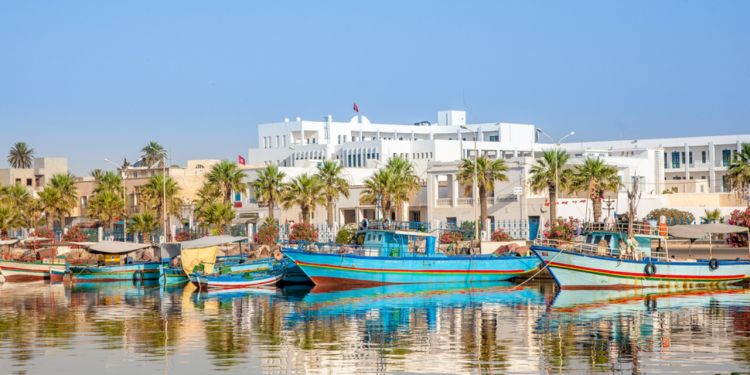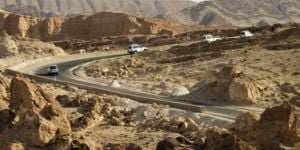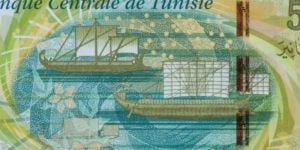
When moving abroad, traveling will probably be part of your everyday life. As a modern and rapidly developing country, Tunisia hosts a wide transport network that will allow you to travel anywhere across the country, especially in the capital city. Take the time to inquire about the different means of transport available and choose the one which best suits your needs.
Traveling in Tunisia by plane
If you prefer to avoid public transport, why not travel across the country by plane? Tunisair, a local airline company, provides domestic flights from Tunis to Djerba, Sfax, Tozeur, Gafsa and Tabarka.
Traveling in Tunisia by boat
You can also travel from one city to another by boat. Indeed, two regular ferry services link Sfax to Kerkennah Islands and Adjim (on Djerba Island) to El-Jorf, on the mainland. These ferry services are available both day and night.
Traveling in Tunisia by bus
Tunisian buses are rather comfortable, safe and affordable. These are available at common bus stations. These can take you anywhere across major cities to their outskirts.
Coach bus in Tunisia
The Société Nationale du Transport Rural et Interurbain (SNTRI) provides coach buses throughout the country. Most of these vehicles are comfortable, rapid and punctual. Moreover, coach buses are rather affordable. However, you are advised to book your seats well in advance as coach buses are quite popular in the country.
Regional buses in Tunisia
Regional buses are also available for those having to travel from one neighborhood to another. You just have to head to the nearest bus station. However, regional buses are less comfortable than coach buses.
Group taxi in Tunisia
If you do not want to travel by bus, you can still rely on collective taxis. These are rather rapid and affordable as fares are regulated.
In general, you just have to board the taxi and wait till it is full for the driver to start. Collective taxis are available all day — but make sure to check their respective schedules in the city where you live.
The different types of collective taxis can be distinguished by their color:
- blue ones specialize in regional routes
- white ones with a red band serve long trips
- yellow ones serve local and yellow routes.
Traveling by train in Tunisia
The railway network is operated by the Société Nationale des Chemins de Fer Tunisiens (SNCFT). Trains are modern and comfortable. However, they are also known to be quite slow and irregular. You, therefore, have to be patient if you have chosen this mode of transport.
The SNCFT currently offers 11 main lines, which.m connect Tunisia's biggest cities. The main inter-city lines are:
- Tunis to Ghardimaou via Beja, Bou-Salem and Jendouba
- Tunis to Bizerte via Mateur
- Tunis to Sfax via Bir Bouregba, Enfidha, Kalâa Sghira and El Jem
- Tunis to Kalâa Khasba via Gaafour and Dahmani
- Tunis to Tozeur via Sfax, Gafsa and Métlaoui
- Tunis to Sousse via Bir Bouregba and Enfidha
- Tunis to Nabeul via Hammamet and Bir Bouregba
- Tunis to El Kef via Gaafour and Dahmani
- Tunis to Djerba via Sousse, Sfax and Gabes
You can book your train tickets directly on the SNCFT website.
Taxi in Tunisia
You can also rely on taxis which are very popular and rather affordable. Taxis are ideal, especially in Summer. Note that rates are regulated. Moreover, taxis are now allowed to transport more than three passengers at a time.
Yellow in color, taxis can easily be distinguished. These are equipped with a meter that will charge for trips within a specific locality only.
You can hire a taxi in Tunisia by calling one of the many taxi service numbers across the country or using a taxi app like OTO or Bolt.
Useful links:
We do our best to provide accurate and up to date information. However, if you have noticed any inaccuracies in this article, please let us know in the comments section below.












Comments